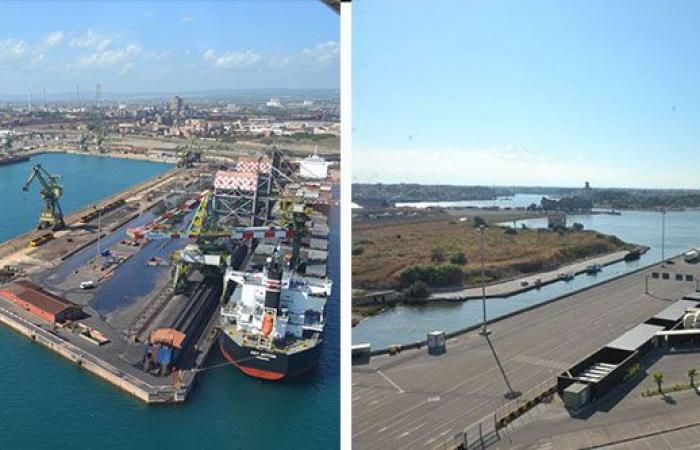Fabio CAFFIO
Major maneuvers in view of the replacement of the top management of the Port System Authorities (ASP) of Bari and Taranto, due to the resignations and expirations of their respective presidents. The situation of the two ASPs is antithetical: the ports of Bari and the other Adriatic ports of Termoli, Monopoli, Barletta, Manfredonia and Brindisi that are part of it are growing rapidly; the Taranto port is in dramatic decline, despite all the work planned for seabed excavation, breakwater and “cold ironing”, it is suffering from the historic lows in steel mill production and the lack of other commercial bulk and container traffic. The only positive note for Taranto is the positive trend in cruise ship calls, even if this is very little compared to the numbers of cruise passengers transiting through the ports of Bari.
The issue that is now coming to a head is the merger of Taranto and Bari, an old ambition of the Puglia Region since the recent port reform. Previously ruled out due to the resistance of some government sectors and the (weak) opposition of the Città Bimare, the idea of uniting the two port entities is now coming back with force at a time when the docks of the Taranto port are desolately empty and the cranes are at a standstill.
Naturally, the Bari aims are back, thanks to a careful policy aimed at occupying the spaces left empty by the inertia of Taranto, incapable even of creating a hub for the loading of agricultural products from the fertile hinterland. The transfer of container traffic with Piraeus from Taranto to Bari in 2015 by the company is a good example of this. Evergreen.
However, it is surprising to read (the Republic-Bari2 July 24, p. 3) that «if the two Authorities remained split, a political mediation with Emiliano could be conceivable, who could give the green light to a government nomination in Bari, in exchange for his name in Taranto or vice versa». However, what worries Bari is not Taranto, as usual submissive to its wishes, but Brindisi whose ruling class «is showing signs of suffering for the market shares that Bari is taking away».
If this is the case, one would think that the interests of Taranto and Brindisi are partly coincident in claiming a defense of their port traffic. The issue takes on national relevance at a time when, with the creation of the Ministry of the Sea and the publication of its Sea Planan attempt is made to address the issue of assigning the Government a management role over the various port entities, which are too often uncoordinated and self-referential.
When the ASP of the Jonio was created in Taranto, the option of merging with Brindisi was examined. Talking about it again now is certainly a belated and difficult exercise to implement. Why not do it in the more nuanced but no less convincing terms of the Greater Salento? After all, Taranto and Brindisi, linked by the geography of the “Messapian Isthmus”, by the traffic of the Appian Way from the Roman era, by the history of the Terra d’Otranto and that of the Navy, could discover that making a common front under the flags of the Greater Salento is convenient as the synergies for the realization of the works of the Mediterranean Games and the unification of the respective Chambers of Commerce are demonstrating.






